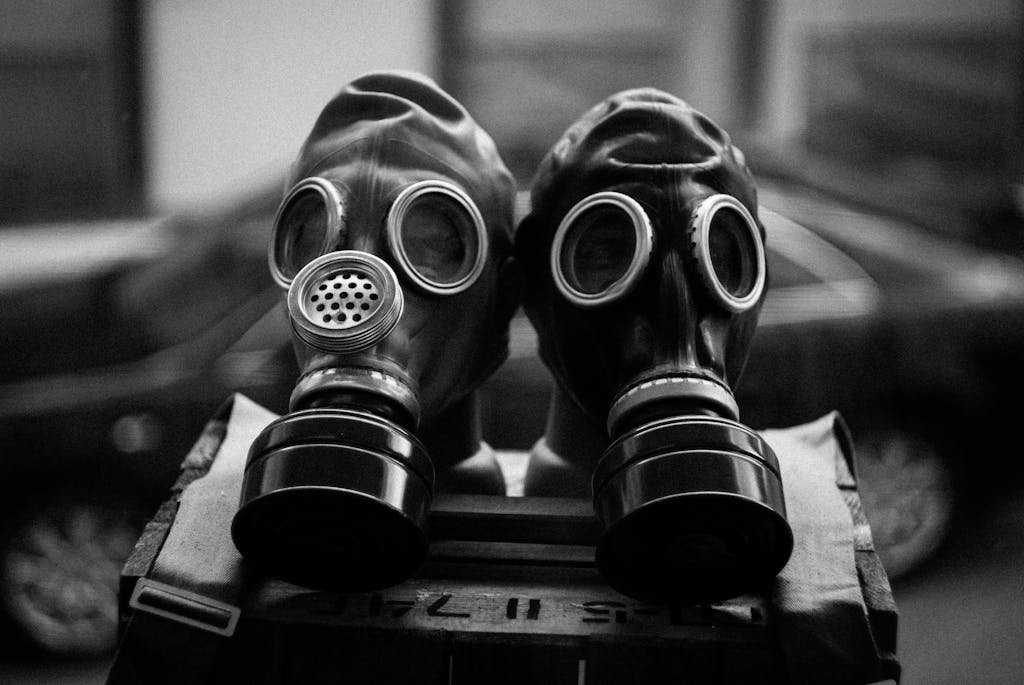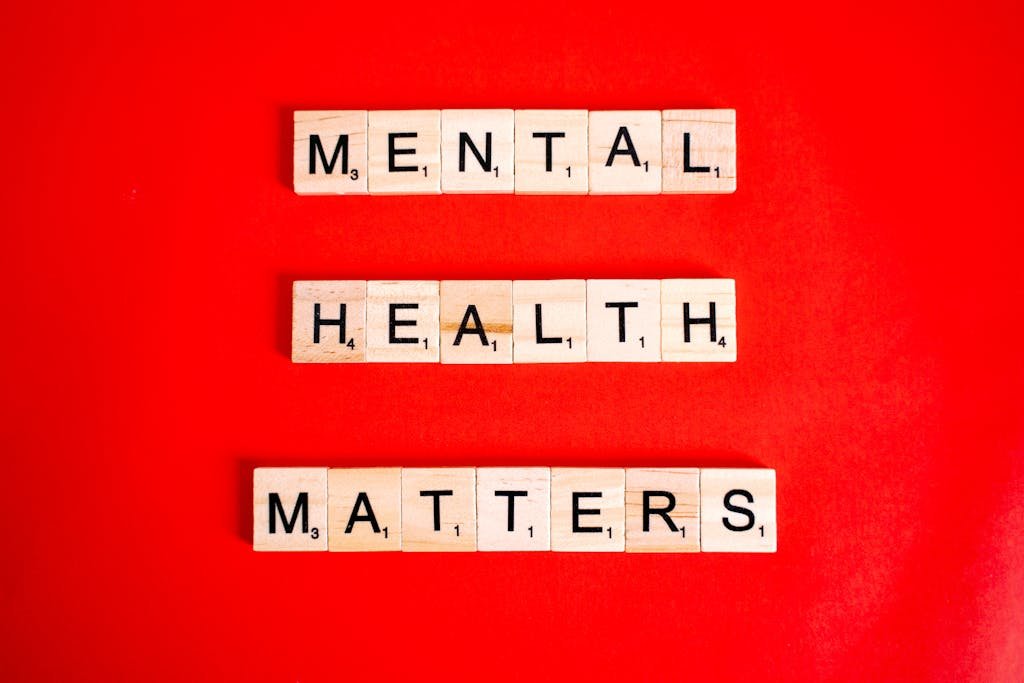
Mental Health Is Not a Joke
The Stigma of Casual Language

Calling someone “mental” or “unstable” has become disturbingly normalized. These terms, often used jokingly, trivialize the reality of mental health struggles. For those silently enduring conditions like depression, anxiety, or bipolar disorder, such language adds to their sense of isolation and misunderstanding. Imagine someone fighting a battle no one sees, only to have their pain dismissed as “laziness” or “overreaction.” Words matter profoundly, and the careless use of such terms perpetuates harmful stereotypes, making it harder for those in need to seek help.
Even more concerning is how deeply rooted these behaviors are in daily interactions. Casual dismissals, like telling someone to “get over it,” or calling them “dramatic,” compound an already challenging reality. These statements are not just unkind—they reflect a lack of understanding about mental health struggles and their far-reaching impact. Over time, such language creates a ripple effect, perpetuating stigma in both personal and professional settings. For example, workplace cultures often dismiss emotional struggles as personal failings, reinforcing the idea that mental health issues are signs of weakness. This further isolates individuals who already feel vulnerable.
Read also : The Difference Between Habit and Addiction
Generational Attitudes and Toxic Positivity

From childhood, many are taught that success stems from unwavering discipline: “Early to bed, early to rise.” While discipline has its merits, this oversimplified mantra often disregards the complexities of mental health. The toxic positivity ingrained in such lessons promotes the belief that mental health challenges are excuses rather than legitimate struggles. For example, someone grappling with chronic anxiety might be told to “stop overthinking” or “look on the bright side,” as though willpower alone could resolve their condition. This mentality dismisses the deeper realities of these experiences, invalidating the emotional and mental pain individuals face daily.
The pressure to maintain an optimistic facade can also harm those struggling in silence. Phrases like “what doesn’t kill you makes you stronger” or “stay positive” can alienate individuals, making them feel as though their struggles are failures. Toxic positivity overshadows the importance of vulnerability and self-compassion, both critical components of mental health healing. Instead of encouraging resilience, these attitudes often push people further into isolation, exacerbating their struggles and delaying recovery. Generational differences amplify these issues, with older generations sometimes dismissing younger people’s struggles as over-sensitivity or a lack of resilience.
Read also : How to Be More Confident: 10 Tips That Work
Media and Misrepresentation

Mainstream media frequently portrays mental illness as a punchline or a gimmick. Consider how characters with mental health conditions are often depicted: the “quirky” friend, the “unstable” antagonist, or the “comic relief.” These shallow portrayals reinforce damaging stereotypes, discouraging individuals from seeking help or feeling understood. Social media further exacerbates this issue. Influencers promoting unattainable “perfect” lifestyles often lead to constant comparison, fostering feelings of inadequacy and shame for anyone struggling with their mental health. This cycle underscores how misrepresentation can fuel stigma and discourage open dialogue.
This issue extends to viral content and memes trivializing mental health. While humor can be a coping mechanism, using mental illness as the basis of jokes diminishes its seriousness. It becomes a double-edged sword, providing fleeting laughter while subtly reinforcing harmful narratives. Education on the realities of mental health is vital in countering these distorted depictions. For instance, campaigns and initiatives that partner with media outlets to create accurate portrayals can play a pivotal role in reshaping public perceptions.
Read also : How to Overcome Challenges to Goal Achievement
The Danger of Misusing Mental Health Terms

Using phrases like “panic attack” or “OCD” casually minimizes the seriousness of these conditions. For example, saying “I’m so OCD” because you prefer an organized desk trivializes the significant challenges faced by someone with clinical obsessive-compulsive disorder. Similarly, describing normal stress as a “panic attack” diminishes the very real, overwhelming experience of someone who truly has one. This casual misuse can prevent individuals from sharing their experiences, fearing they won’t be taken seriously or met with the empathy they need.
The misuse of these terms reflects a broader societal need for education. Accurate language is a powerful tool for fostering understanding and empathy. When people misuse these terms, they unintentionally minimize the courage it takes for those with mental health conditions to confront their challenges and seek support. Words shape perceptions, and we must use them responsibly. Educators and advocates can collaborate to promote awareness, creating workshops, school programs, and community initiatives to encourage mindful communication.
Read also : How to Increase Productivity at Work
Why Mental Health Awareness Matters

Globally, one in eight people lives with a mental health condition, according to the World Health Organization. Despite this prevalence, stigma continues to deter many from seeking necessary help. Awareness campaigns, honest conversations, and widespread education are pivotal for dismantling these barriers. Sharing real stories and disseminating accurate information have the power to change societal perceptions, allowing individuals to seek therapy or medical support without the weight of judgment or shame. Building understanding begins with acknowledging the scale and impact of mental health struggles.
For example, campaigns like “Time to Change” in the UK and “Bell Let’s Talk” in Canada have successfully fostered open dialogue and encouraged individuals to share their stories. These movements emphasize that mental health is a universal concern, deserving of attention and care across all demographics and communities. Local initiatives and social media movements also play an integral role in sparking grassroots change, reaching people who might not otherwise have access to resources or support networks.
Read also : How to Discipline Your Mind
Creating a Supportive Environment

A genuinely supportive environment begins with empathy and listening. Instead of dismissing someone’s struggles with quick fixes or clichés, offer understanding and open-ended questions like, “How can I help?” Showing genuine concern creates spaces where individuals feel safe and valued. In practical terms, workplaces can contribute by offering mental health days, access to counseling, or training programs that destigmatize mental health discussions. At home and in schools, promoting open communication and compassion can make significant strides in creating nurturing environments where mental health is prioritized.
Communities also play a vital role in fostering inclusivity. Initiatives like peer-support groups or local awareness events create opportunities for individuals to connect and share experiences. Empowering people to express their struggles without judgment leads to stronger, more empathetic communities. Schools can also implement mental health curriculums to educate students early on about emotional well-being, equipping them with tools to manage stress and seek help when needed.
Read also : Study Hack: Your Brain’s Cheat Code
The Role of Therapy and Self-Care

Therapy is one of the most effective tools for improving mental health, yet stigma around it persists. Comments like “You need therapy,” used sarcastically or as an insult, discourage people from seeking professional help. Normalizing therapy as a resource for everyone—not just those in crisis—is essential. Self-care also plays a pivotal role in maintaining both mental and emotional health. Practices like mindfulness, regular exercise, quality sleep, and a balanced diet can provide foundational support. However, self-care should complement, not replace, professional help when needed.
Cultural narratives around therapy also need to shift. Therapy is not just about addressing trauma; it’s a proactive step toward self-awareness and personal growth. By embracing therapy and self-care, we empower individuals to prioritize their mental well-being without shame. Sharing stories of positive therapeutic experiences can help demystify the process, making it more accessible and appealing to those hesitant to try it.
Read also : How habit works
Moving Beyond the Joke

It’s time to reframe the narrative. Mental health is neither a weakness, an excuse, nor a punchline—it is an integral part of overall well-being. Just as we prioritize physical health, we must treat mental health with the same urgency and respect. By changing how we speak, challenging stereotypes, and fostering empathy, we can create a culture where mental health is no longer shrouded in stigma. Everyone deserves to feel seen, heard, and supported in their struggles.
Let’s commit to treating mental health with the seriousness and compassion it requires. Share this article, spark meaningful conversations, and take steps to foster understanding in your circles. Together, we can build a world where mental health is acknowledged and respected. Real change begins with small steps: let’s take them together.
If you’re interested in productivity, here’s a complete guide. To obtain it, click here.



